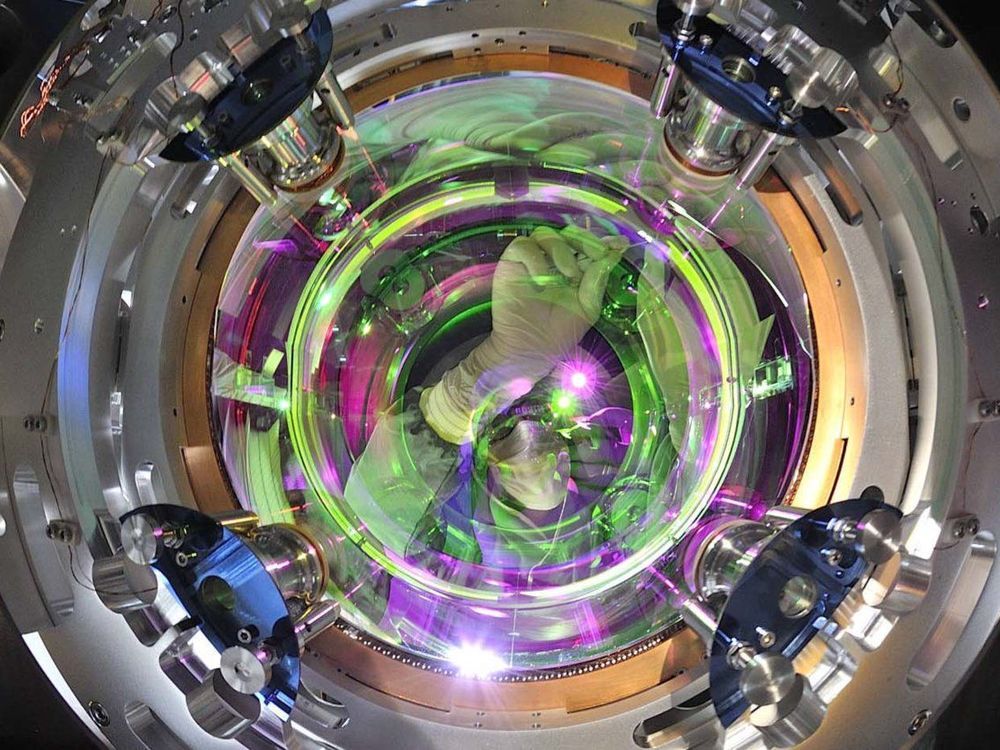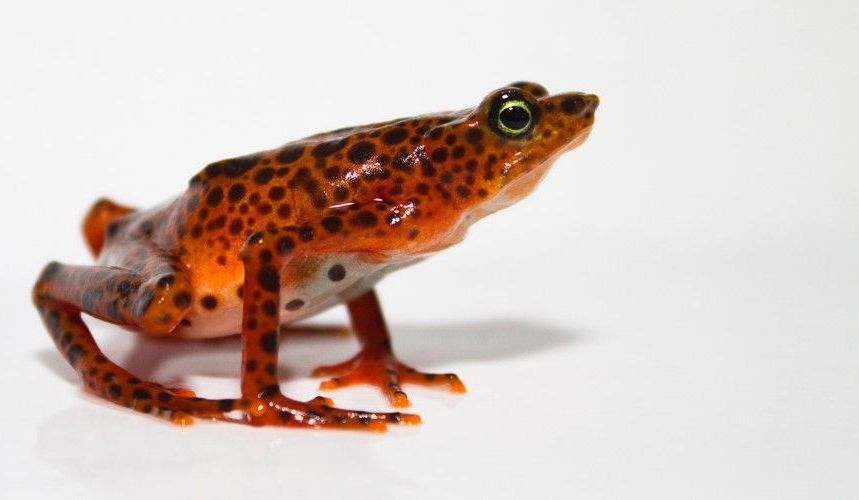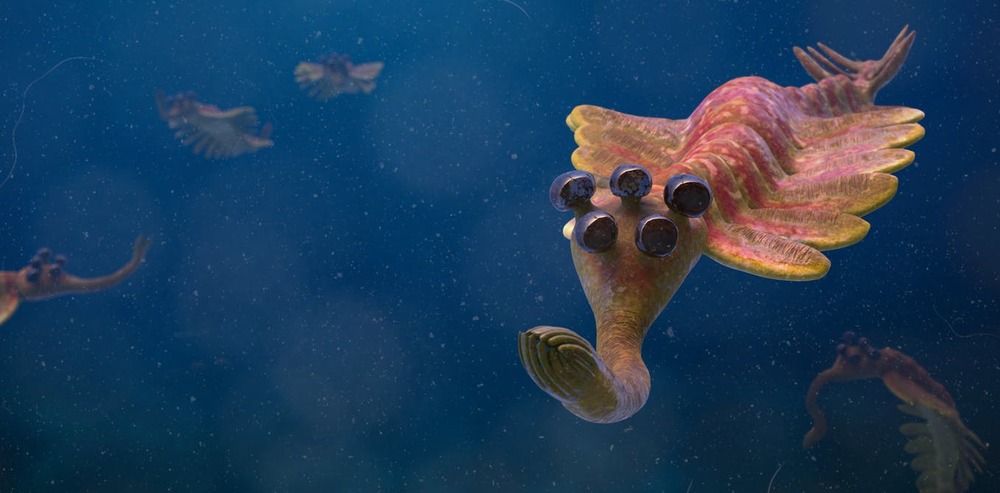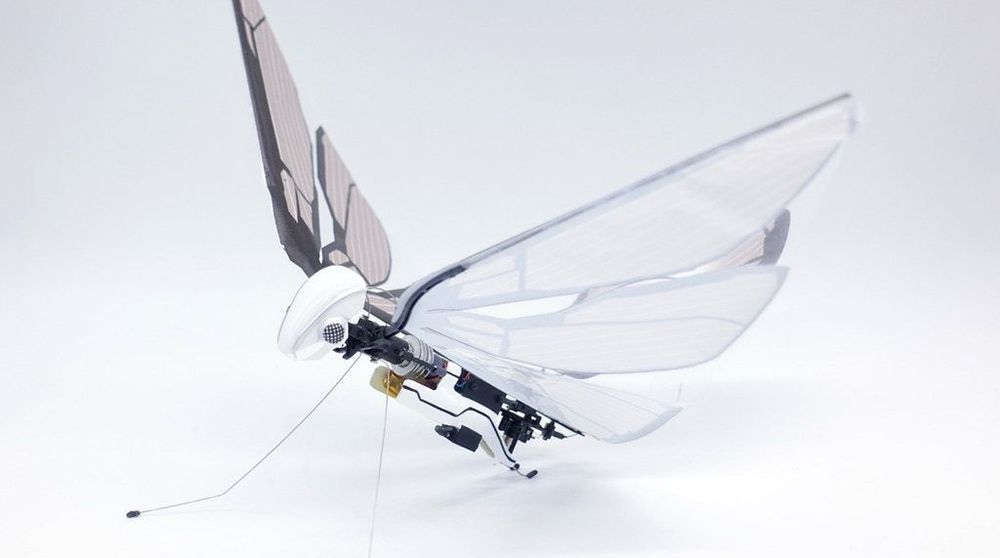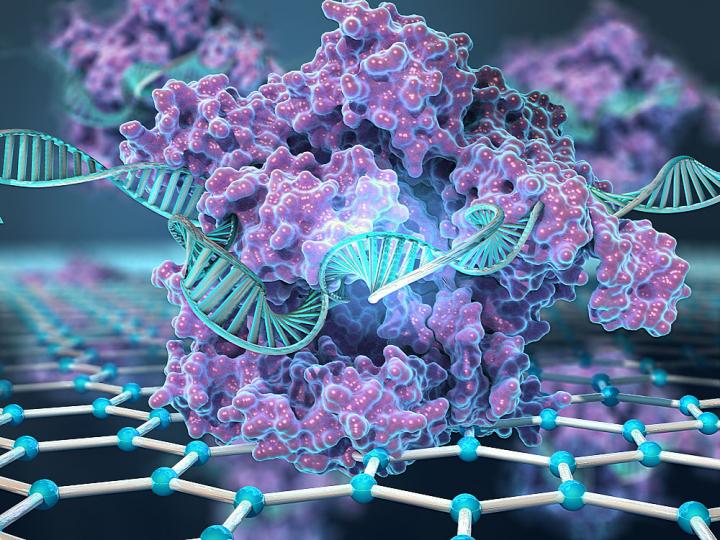Mar 28, 2019
20% of Industrial Control Systems Affected by Critical Vulnerabilities
Posted by Genevieve Klien in categories: robotics/AI, security
Image: Business Wire
Over half of the 415 vulnerabilities found in industrial control systems (ICS) were assigned CVSS v.3.0 base scores over 7 which are designated to security issues of high or critical risk levels, with 20% of vulnerable ICS devices being impacted by critical security issues.
As detailed in Kaspersky’s “Threat landscape or industrial automation systems H2 2018”, “The largest number of vulnerabilities affect industrial control systems that control manufacturing processes at various enterprises (115), in the energy sector (110), and water supply (63).”
Continue reading “20% of Industrial Control Systems Affected by Critical Vulnerabilities” »



